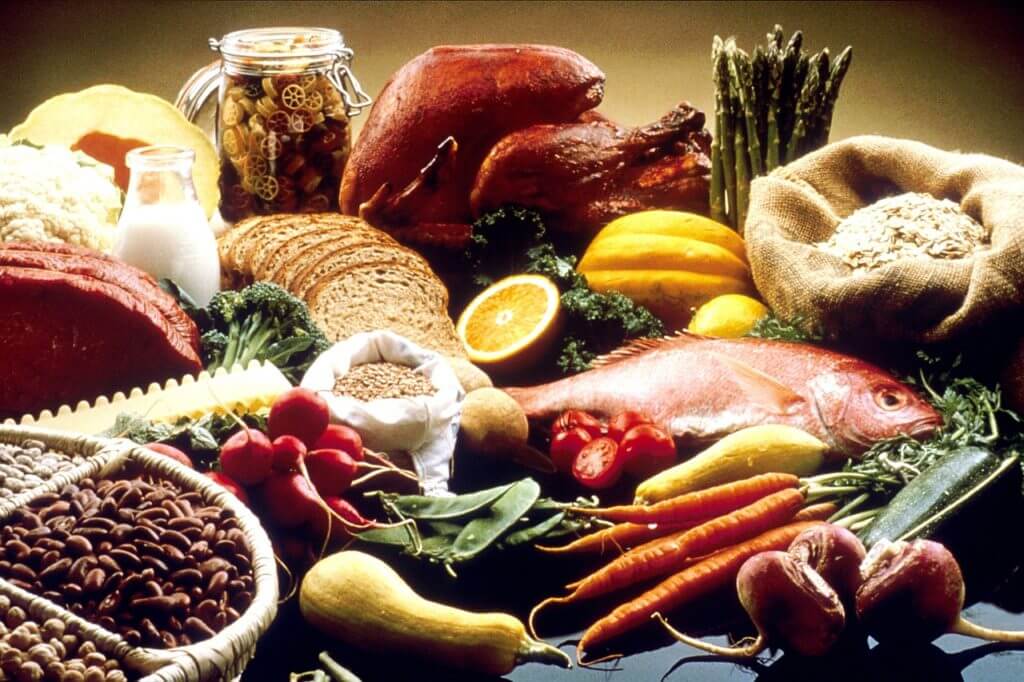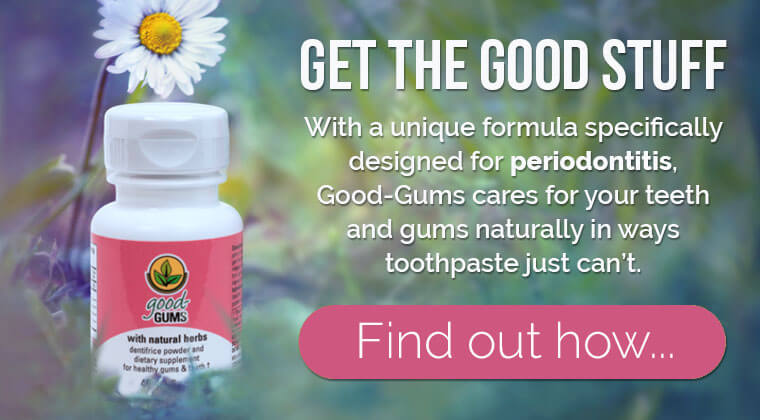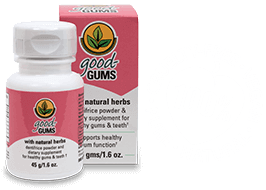How does an anti-inflammatory diet help reduce gum disease?

Inflammation is the body’s defense against injury and infection. When something damages your cells, your body releases chemicals that trigger an inflammatory response.
Gum disease is a chronic inflammatory condition caused by plaque bacteria accumulating on the gum line and then invading your gum tissue. Over time, the inflammatory response to the bacteria causes deterioration of gum tissue and supporting periodontal ligaments. If left untreated, gum disease will lead to tooth loss.
The good news is that reducing inflammation in the body can help significantly reduce the effects of gum disease.
Varinthrej Pitis MD, an internal medicine physician at Scripps Clinic Carmel Valley says,
“When you don’t eat healthily, don’t get enough exercise, or have too much stress, the body responds by triggering inflammation. Chronic inflammation can have damaging consequences over the long term. So the food you eat, the quality of sleep you get, and how much you exercise, they all really matter when it comes to reducing inflammation.”
Although there are many ways to reduce inflammation in the body, we would like to specifically look at the effect diet has on reducing inflammation in the body.
Reducing inflammation through diet
A study from the University of Freiburg published in the Journal of Clinical Periodontology confirms that an anti-inflammatory diet may help to reduce gum disease. This study confirms a pilot study they carried out in 2016, which investigated the effect an oral health optimized (anti-inflammatory) diet had on the gums.
In this study, lead researcher, Johan Woelber, tested a diet with a variety of anti-inflammatory components, which included high amounts of omega fatty acids, vitamins C and D, antioxidants, fiber, and very low amounts of processed carbs. He gave this diet to 30 patients with gingivitis for four weeks to examine the effects. After four weeks, all 30 patients experienced significantly less bleeding of the gums, increased levels of vitamin D and as a bonus, they lost weight.
Dr. Johan Woelber concluded that the “study results clearly demonstrate the possibility to naturally reduce gingivitis by an optimized diet that also promotes general health.”
So, from this study, we understand how a diet low in carbs, rich in Omega-3 fatty acids, vitamins C, D, and fibers can “significantly reduce gingival and periodontal inflammation”. But let’s get a bit more granular about what an anti-inflammatory diet actually looks like.
Reduce gum disease with this anti-inflammatory diet
Vitamin c
Vitamin C is a powerful antioxidant and arguably the most essential vitamin for healthy gums. Vitamin C is crucial for cell growth and repair and has an important role in the production of collagen, which means it can help strengthen and repair connective tissue, including the gums and periodontal ligaments.
Vitamin C can be found in:
- Citrus fruits (oranges, lemons, kiwis and grapefruit)
- Bell peppers
- Tomatoes
- Strawberries
- Cruciferous vegetables
Vitamin D
Vitamin D helps your body absorb calcium and is essential for keeping your bones and tooth enamel strong. Also known as “the sunshine vitamin” as it’s produced in your skin when exposed to sunlight, it has an important role in regulating cell growth and slowing down the growth of cancerous cells.
Vitamin D can be found in:
- Sunlight
- Fish
- Eggs
- Milk
- Cod liver oil
- Cheese

Omega-3 fatty acids
Omega-3s are well known for their ability to reduce chronic inflammation and are usually recommended for people who suffer from rheumatoid arthritis and joint pain. The anti-inflammatory benefits work so well that omega-3s have become a necessary supplement for people with gum disease.
Omega-3s can be found in:
- Mackerel
- Salmon
- Cod liver oil
- Herring
- Oysters
- Caviar
Antioxidants and fiber
While antioxidants help to fight gum tissue inflammation and feed the gums vital nourishment, fiber stimulates saliva production, preventing bacteria from forming in the mouth.
Foods rich in antioxidants include:
- Broccoli
- Carrots
- Potatoes
- Spinach
- Kale
- Pumpkin
- Asparagus
Foods rich in fiber include:
- Whole-wheat pasta
- Barley
- Chickpeas
- Lentils
- Legumes
- Edamame
What should you avoid:
- Unhealthy saturated fats
- Refined high-sugar foods
- Trans fats
As well as eating a nutritious diet, your oral health also benefits from regular dental checkups and professional cleanings as well as consistent use of an all-natural tooth and gum formula, like Good-Gums.
Good-Gums all-natural tooth and gum formula
You know we said earlier that vitamin C is arguably the most essential vitamin for your gums? Well, did you know that every time you use Good-Gums tooth & gum powder you are getting a huge hit of vitamin C, more than you would if you ate a whole orange?
That’s how nourishing our tooth powder is for your gums! Because our gums are some of the most absorptive tissues in the body, it is essential that we feed them with all-natural, nutrient-rich vitamins, herbs, and minerals that not only aid gum health, but also benefit the health of our entire body.
So with every use of our all-natural tooth and gum formula, you and your gums are receiving all the immune-boosting, cell-repairing benefits that continue to work all day long!
Our gum cells particularly are regenerating at a rapid rate every day, so by choosing to use a product jam-packed full of ingredients that help our cells repair and regenerate, we allow our body’s natural ability to heal itself and quite literally let nature do the work.
Click here to try our all-natural tooth powder.

Subscribe To Our Newsletter
Be the first to receive all our news, offers and natural oral health tips and articles.


